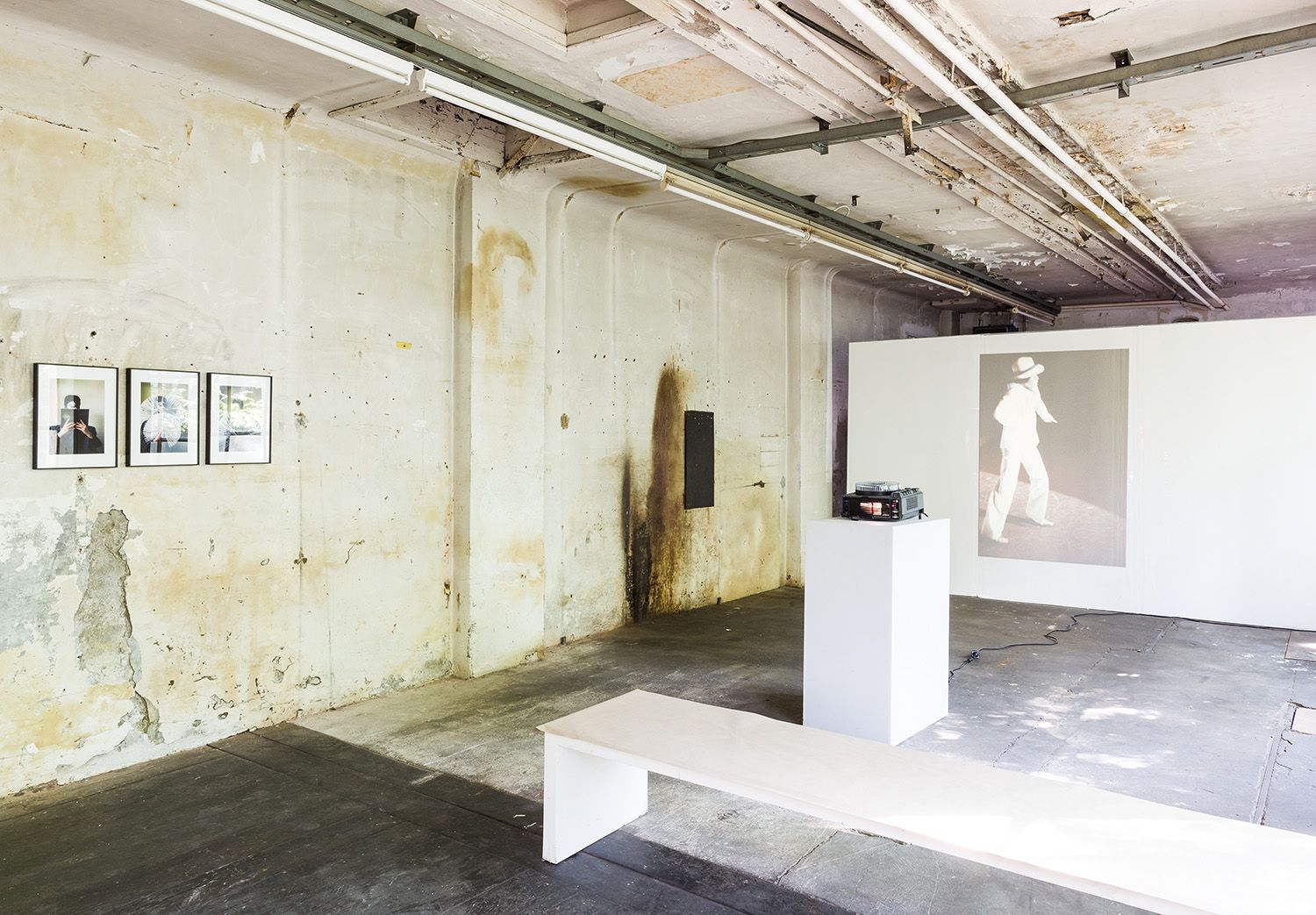FECKLESS AND HOTHEADED
Geta Brătescu (b. 1926 Bucharest, Rumania)
Karin Fisslthaler (b. 1981 Vienna, Austria)
Olena Newkryta (b. 1991 Vienna, Austria)
Ludmila Rusava (1954 – 2010 Minsk, Belarus)
Róska (Ragnhildur Óskarsdóttir) (1940 – 1996 Iceland)
Can avant-garde feminism in contemporary art still be described as a nomadic phenomenon, characterized by the hybridity of its material elements and its subversive narratives challenging the institutional canon? By juxtaposing three generations of women artists, I seek to examine how new artistic strategies are defined by the interplay of analog practices and digital means within the context of continuous technological innovations.
It goes without saying that feminism in art has generated some of the most influential discourses and art practices of the last decades. By juxtaposing historical work by Geta Brătescu (b. 1926), Róska (1940 – 1996) and Ludmila Rusava (1954-2010) with recently produced work made by Karin Fisslthaler and Olena Newkryta, my aim is not to demonstrate any specific affiliation, but to apply a cartographic approach to the question of feminist avant-garde and their possible influence. What these artists share is their exploration of new media and their use of body language, a practice inherent to many feminist approaches to artmaking. Furthermore, their employment of hybrid processes, investigations of materials, and their use of digital, manual and analogue methods such as montage, collage, sampling and remixing, have the potential to engender new paradigms for art making, outside those of genealogy and affiliation that have long defined art history’s view of successive generations.
Geta Brătescu and Ludmila Rusava both began their artistic formation within the framework of Soviet rule. Their works are marked by the experience of political oppression, but nonetheless manifest great freedom of expression, complexity in the use of materials, within a broad range of artistic media (installation, performance, book-work, collage, film, photography, drawing, painting, writing and textiles). Róska was an Icelandic political activist living and working in Italy during a period of socio-political turmoil: A painter, photographer, poet, and a film director, she described her own art practice as a “continuous rebellion in living poetry and politics.” Karin Fisslthaler’s work deals with rhythm, body language and silent communication. In her recent series Kristal she remixes analog and digital technologies into singular photographic objects reminiscent of cinematic fragmented narratives. Olena Newkryta represents the youngest generation of women artists in this group. She uses popular media to raise questions bearing on her own identity as a Ukrainian within the current political state of affairs.
Æsa Sigurjónsdóttir is an associate professor and a curator in Paris and Reykjavik.
